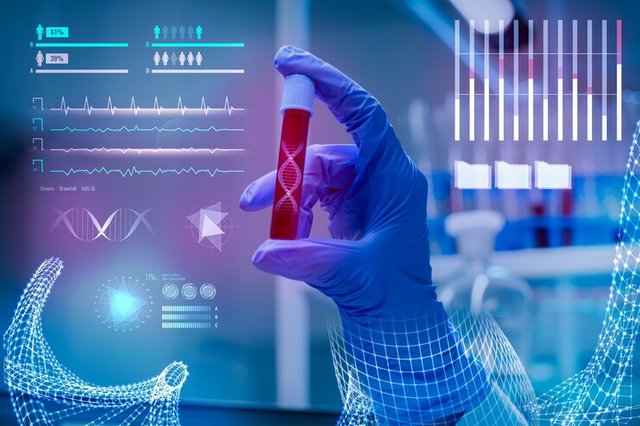Artificial Intelligence (AI) is carrying out a healthcare revolution, which is leading to the achievement of the goals at an unprecedented rate that promises to bring the quality of patient care to a higher level, accurately diagnose the conditions, and fasten the medical processes. Since the algorithms for diagnose to the robotic surgery, AI is the force that changes entirely the way medicine is delivered and, by patient experience the conditions are transformed.
The area of medical imaging is probably the place where AI is applied to largest extent in healthcare. AI algorithms driven by AI can visualize medical images, like X-rays, MRIs, and CT scans, within a short time and precisely, thus, helping radiologists discover abnormalities and diagnose the diseases more rapidly. Instead of waiting for the images to be interpreted, which may take time, the software will automatically read the images resulting in early diagnosis and better treatment strategies.
In addition, artificial intelligence is transforming personalized medicine with an ability to process huge amount patient data to elicit trends, forecast outcomes, and individualize the treatment regimes. Through engulfing genetic, environmental, and life-style information into its algorithms, AI systems could render precise treatment approaches with minimal adverse effects and high patient compliance that enhance health outcomes.
Among the areas where AI demonstrated great improvements is drug research and development. AI algorithms can analyze molecular distributions of drugs, predict the outcomes of their possible use, improve the process of drug discovery, and speed it up. This may flip the pharmaceutical industry on its head, reducing both the time and financial costs necessary to develop novel drugs that may be more targeted and effective.
As a matter of fact, AI-backed virtual assistants and chats give user medical tutorials, do scheduling and answer frequently asked health-related questions. They can triage patients, delve into basic medical treatments and even monitor and supervise patients remotely, which widens access and decreases the pressure on healthcare providers.
In sum, AI is transforming healthcare through digital transformation by applying the concept of big data and machine learning to advance diagnosis, treatment customization and user experience. With AI progressively getting more advanced, it will be capable of doing more than just helping in detection and diagnosis of various illnesses, including treatment and recovery, thus, creating a healthier and more efficient system.

Downvoting a post can decrease pending rewards and make it less visible. Common reasons:
Submit
Upvoted. Thank You for sending some of your rewards to @null. It will make Steem stronger.
Downvoting a post can decrease pending rewards and make it less visible. Common reasons:
Submit